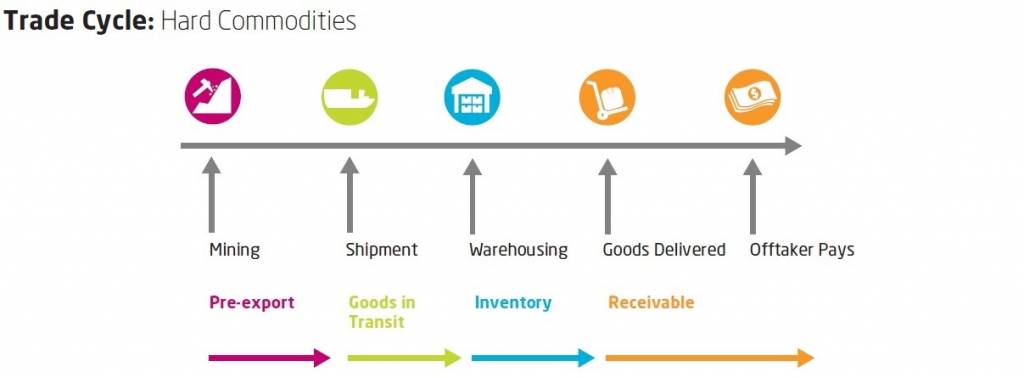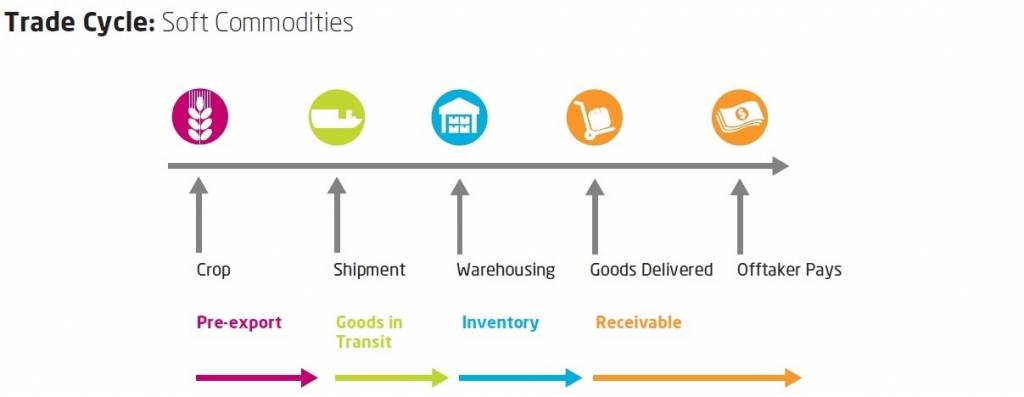Structured Commodity Finance


Access trade, receivables and supply chain finance
We assist companies to access trade and receivables finance through our relationships with 270+ banks, funds and alternative finance houses.
Get startedContent
Structured Commodity Finance or SCF is a type of lending used within the commodities world; where a simple and straight forward bilateral lend will not work. In order to make many commodities based transactions work; we need to look at the wider trading cycles, products, buyers, sellers, insurance and time periods of trades.
The idea behind a structured commodity transaction is that it will secure the trade in alternative ways and bring in lending that is not vanilla. An example of this is structured commodity finance in relation to oil transactions and taking security around assignments of off-take agreements.
Structured Commodity financing includes:
- Oil and Gas Financing
- Pre-export Finance
- Letters of Credit
- Inventory Finance
- Export credits (to reduce risks to funders when providing trade or supply chain finance)
- Barter and Inventory Finance
Structured Commodity Finance Cycle: Hard and Soft Commodities


Why is Structured Commodity Finance important?
Structured Commodity Finance allows businesses to grow and develop – as many people cannot access the standard asset type finance; in order to do this they must own an asset of a greater value than their lending requirement. Thus, in order to grow one may not only have assets that they can charge. Using a structured finance mechanism allows un-fundable trades and expansionary practices to be viable. This is especially necessary within the commodities world, where volumes are high but margins are typically low.
Within the commodities world, structured commodity finance is key because it is not the case that a simple facility can be used. This is due to the high capital amount which is required and the corresponding trade cycles. Different funders will have preferred structures, leverage ratios, commodities that they are comfortable with and jurisdictions that they are interested in or are preferred.
What are the benefits of Structured Commodity Finance?
The aim of structured commodity finance is that there is still security and other forms of risk mitigation in place that allow a funder to feel comfortable, but this just looks and feels different from a more vanilla transaction. If lending is structured correctly, great growth is possible in operating businesses.






















